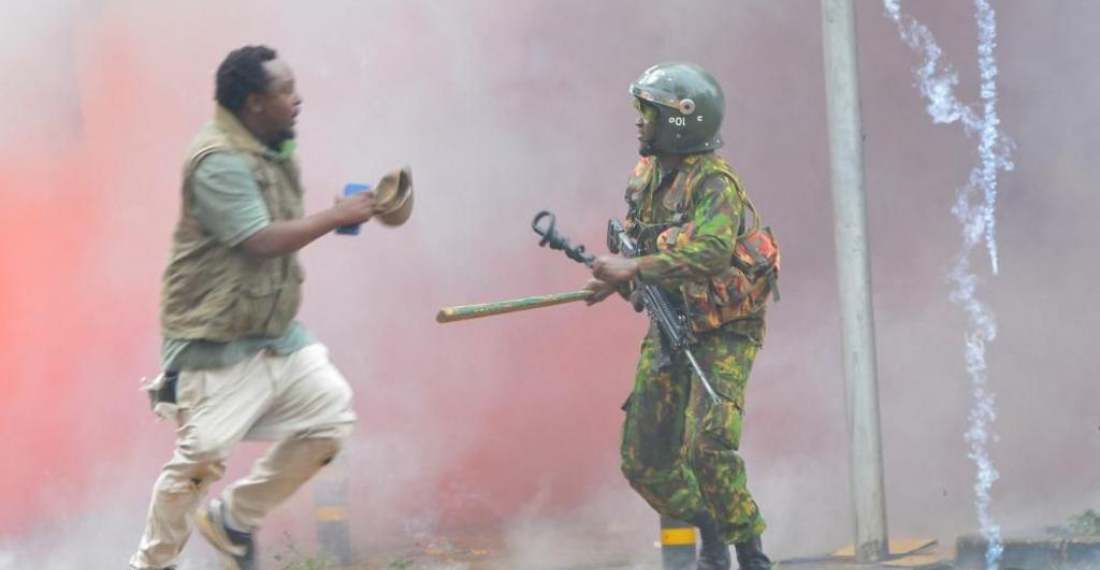- Armenia-Azerbaijan Strategic Expert Platform: Members emphasise the importance of the present moment for the South Caucasus and call for the momentum to be used for the long-term peace and prosperity of the region
- Thursday Interview: Dr. Anar Valiyev
- Food insecurity in Somalia has nearly doubled in the past year
- Türkiye evaluating potential measures in case of a US-Iran conflict
- European Parliament reaffirms support for Ukraine and EU Path
- EU moves ahead with Ukraine loan preparations despite Hungarian block

Nationwide protests erupted in Kenya on Wednesday (25 June), with people calling for President William Ruto to resign. The demonstrations, which started as a protest against police brutality and government mismanagement, turned violent. According to the Kenya National Commission on Human Rights, at least 16 people were killed and 400 wounded.
The initial protests followed the death of blogger and teacher Albert Ojwang in police custody earlier this month. Thousands of people took to the streets in more than 20 countries to demand justice and an end to police brutality and corruption. Some demonstrators set fire to police stations and shops in Nairobi, prompting a forceful response from security forces.
On Thursday (26 June), Interior Minister Kipchumba Murkomen denounced the unrest as an attempted coup and 'terrorism disguised as dissent', claiming that the police had prevented protesters from entering parliament and the president's residence. However, activists and youth leaders maintained that the protests were peaceful and focused on governmental issues.








